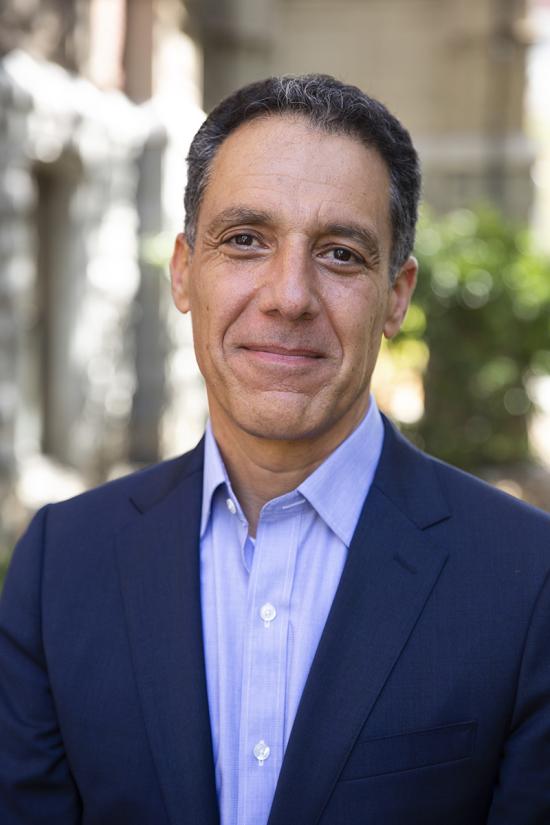From NPR
As tech evolves, deepfakes will become even harder to spot
By Shannon Bond
NPR's Shannon Bond speaks with UC Berkeley professor Hany Farid about the prevalence of fake images and information generated by artificial intelligence and other technologies...
BOND: Just how good is the technology to make these kinds of images, videos, other things right now?
FARID: I've been studying manipulated media for over 20 years now. And what I've seen over the 20 years is every few years, the technology gets better and better for manipulating media. But I've never seen anything like the last five years, where we now can whole-cloth synthesize an audio in your voice, a video of you saying and doing something you never did. And what is really dramatic about this technology is that we have democratized access to what used to be in the hands of Hollywood studios and state-sponsored actors to now anybody can generate this. And that's a very different threat factor in terms of disinformation campaigns meant to sow civil unrest, interfere with democratic elections. Every few months, we see more and more advances that are really dramatic and exciting in some - on one hand and worrisome in the other hand...
Hany Farid is a professor in the UC Berkeley School of Information and department of electrical engineering & computer sciences.










